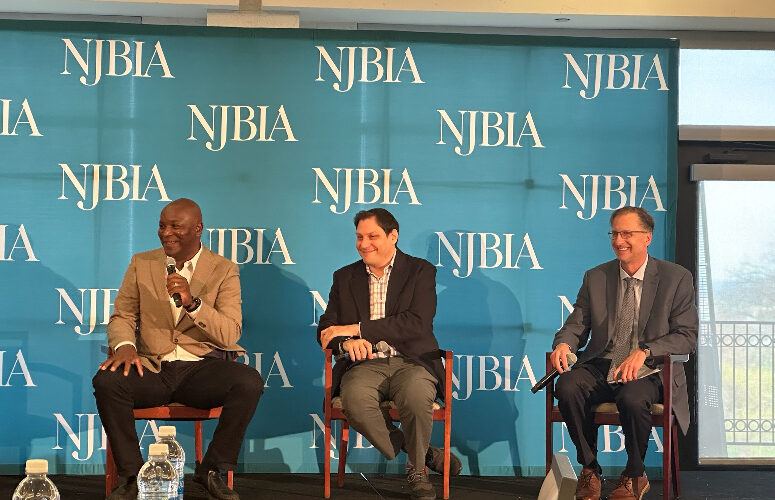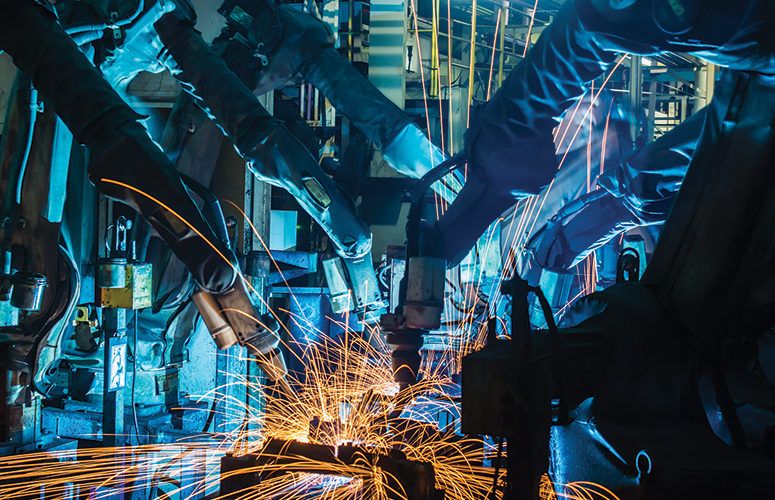
The AI and Human Relationship Continues to Evolve
By Jim Pytell, Managing Editor On Mar 15, 2024While the roots of generative artificial intelligence (AI) can be traced back to the introduction of machine learning in the 1950s, it wasn’t until a number of significant milestones over the past decade laid the groundwork to help drive the technology into mainstream consciousness.
Douglas Vargo, vice president, emerging technologies practice lead at CGI, called it the democratization of generative AI, as there is now a plethora of platforms, such as ChatGPT and Claude for example, that are available for free to anyone with an internet connection.
“Generative AI allows us to act big,” Vargo said. “For so many years, small businesses, for example, didn’t have the budget to bring in the big engines that would produce AI to help their business, but now, anyone can [utilize the technology] right on their phone.”
With this increased adoption and continued evolution of AI comes the usual fears of the technology eliminating jobs and ultimately replacing human beings altogether – though Vargo and other panelists at the New Jersey Business & Industry Association’s (NJBIA) Insights and Outlooks event held at the Galloping Hill Golf Course Club House in Kenilworth, agree that these fears – at least currently – may be a bit overblown.
“One quote that really sticks with me is, ‘AI will not take your job, but somebody who understands AI and understands the data will,’” said Vargo.
When it comes to relying on AI for accurate information, the panelists agreed that there is still an onus on the individual to vet the information that generative AI delivers. This includes experimenting with the prompts you input into the AI platform to get the information you are looking for, as well as using multiple AI platforms and comparing their results.
“When the search engine came out, it became a great tool, but it didn’t replace the need for a person to actually sort through the information and understand what they are looking at. With AI, you are taking it a step further, but you still need someone to vet the outcome,” said Israel Tannenbaum CPA, partner, Withum. “AI is not a person or assistant that is going to do everything for you, but if utilized properly, it is a great efficiency increaser.”
Vargo said that at the macro level, AI will not replace humans. However, at the micro level, it will replace some human activities.
For example, he points to invoice processing as an area where AI can automate an otherwise time consuming and mundane task.
“This automation frees up the individual who was manually processing the invoices before, to now do something more important and valuable for your organization,” he said.
“The more you can have AI do those mundane things that you don’t like to do on a day-to-day basis, the more strategic you can become,” said Gary Mann Founder and CEO, Jasfel Analytics. “You’d be surprised at the productivity gains that are possible if you do this.”
Mann added that he is a proponent of pushing AI and automation as much as possible throughout one’s organization, as it can give you a competitive advantage over those who are more hesitant to embrace the technology.
“You have to embrace it,” said Mann. “AI is just another tool for you [and your business]. Don’t be afraid of it. Dive in. Close your eyes and just jump.”
To access more business news, visit NJB News Now.
Related Articles:





